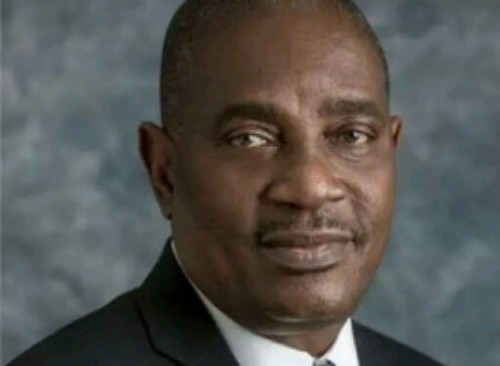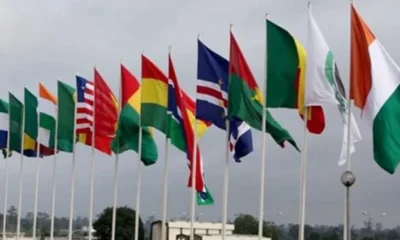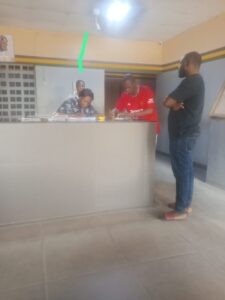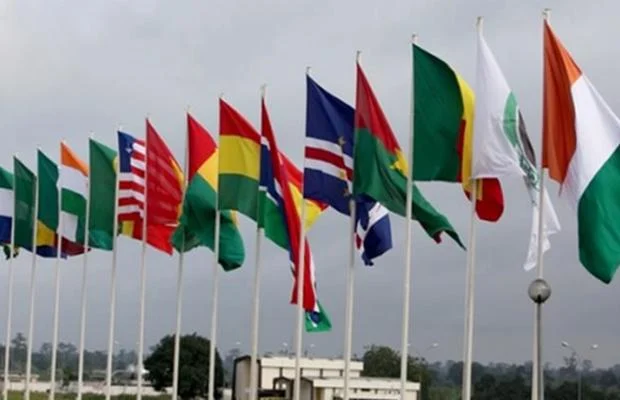BIG STORY
Abuse Of Office: Police Commissioner, 8 Officers Demoted, 3 Others Dismissed, Ordered To Refund Salaries
-

 BIG STORY5 days ago
BIG STORY5 days agoBREAKING: Yahaya Bello Apologizes To Court, EFCC Over Past Conducts
-

 BIG STORY5 days ago
BIG STORY5 days agoTijjani Babangida Opens Up On Losing Family In Car Accident, Says “I’ll Live With This Trauma All My Life”
-

 BIG STORY5 days ago
BIG STORY5 days ago37-Yr-Old Nigerian Man Extradited To The U.S Over $6m Cyber Fraud [PHOTO]
-

 BIG STORY4 days ago
BIG STORY4 days agoFinland Freezes Simon Ekpa’s Assets, Detains Him In “Kylmäkoski” One Of World’s Toughest Prisons
-

 BIG STORY2 days ago
BIG STORY2 days agoUPDATE: 148 Chinese, 40 Filipinos, Other Nationalities Amongst 792 Cryptocurrency Fraudsters Arrested In Lagos [PHOTOS]
-

 BIG STORY2 days ago
BIG STORY2 days agoBREAKING: EFCC Conducts ‘Biggest Arrest In A Day’, Nabs ‘792 Crypto-Fraudsters’ In Lagos
-

 BIG STORY3 days ago
BIG STORY3 days agoBREAKING: ECOWAS Okays Exit Of Niger, Mali, Burkina Faso By January 2025
-

 BIG STORY5 days ago
BIG STORY5 days agoAliu Gafar Delivers A Stellar Performance As Esusu In Seven Doors — By Rtn. Victor Ojelabi


























